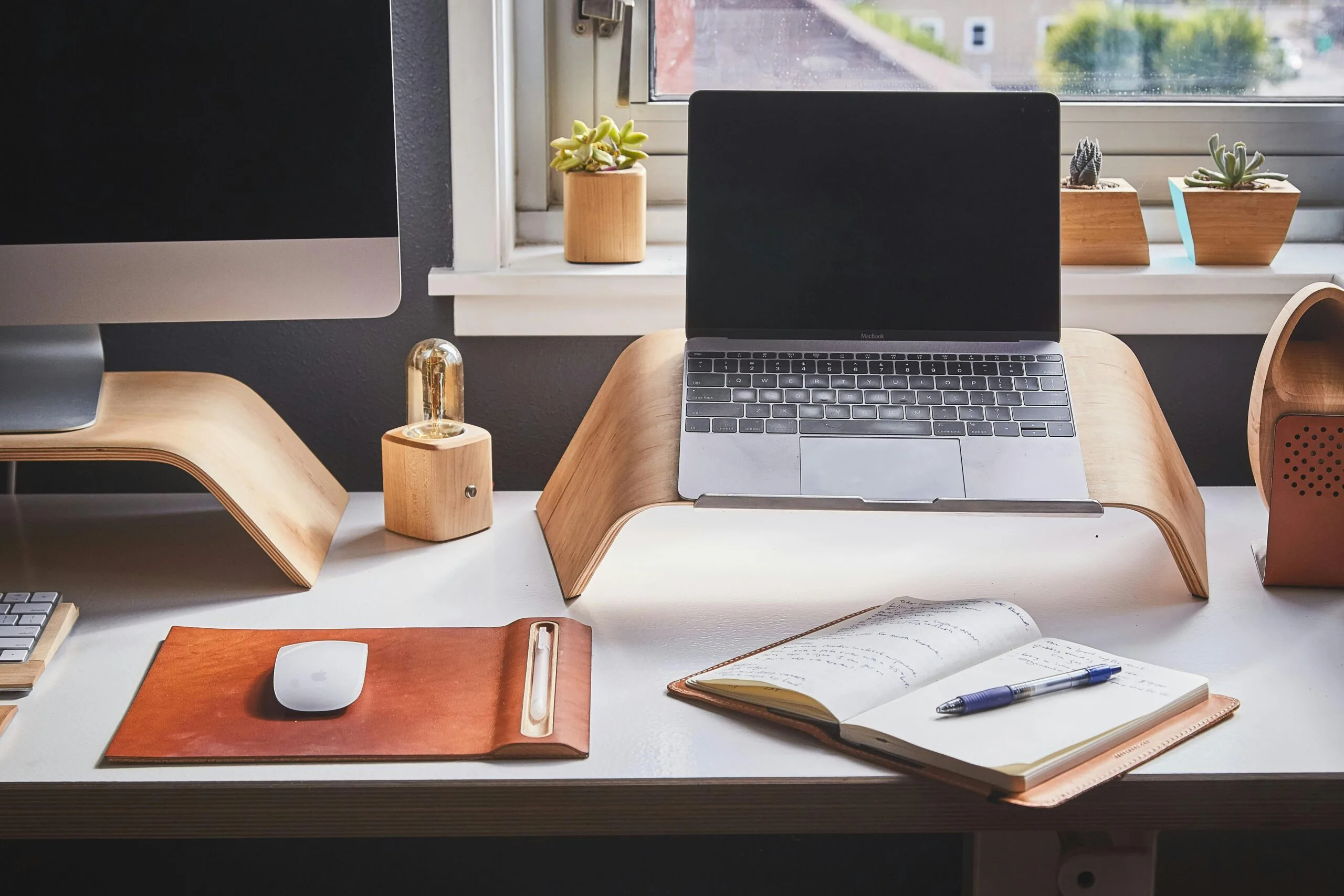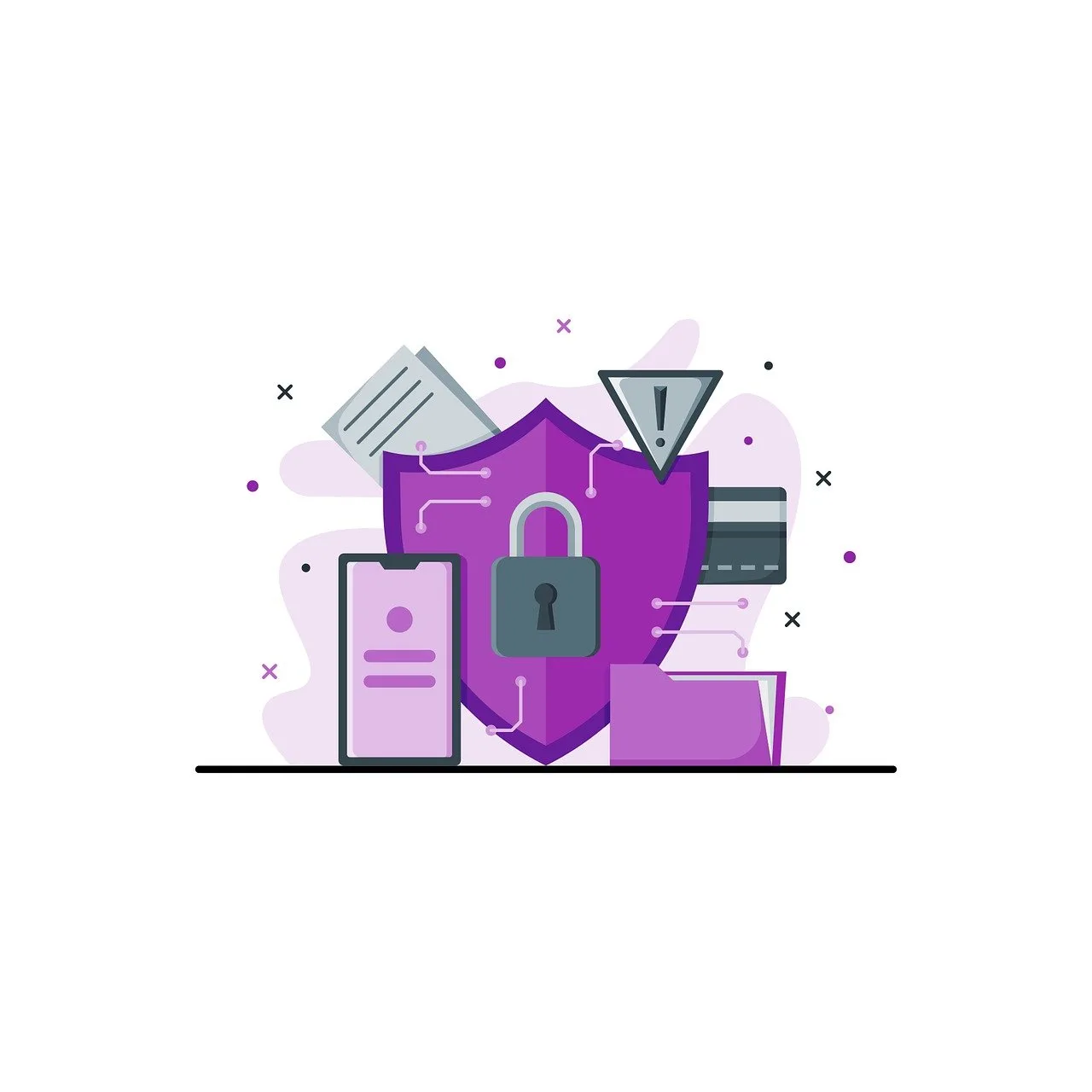Our devices are a significant part of our daily lives, encompassing work, leisure, and staying in touch with others. Still, sometimes they make us produce articles. This article, for example, will teach you how to organise your device. You’ll discover ways to boost your productivity and get more done.
Why is device organisation important?
Messy devices slow us down and make it tough to find what we need. An organised device makes for a faster, much more productive experience. It also reduces stress and preserves time.
How does clutter impact productivity?
Clutter on devices adversely influences productivity. It forces you to waste precious time searching through files. It could also cause computers to run slower, build frustration, and reduce productivity.
What are the benefits of organised devices?
There are several benefits when using organised devices. They help us find things quickly, work efficiently, feel less stressed, and have more free time.
Now let’s look into eight ways to organise your device for better productivity.
1. How can you declutter your home screen?
Remove unused apps
Look at your home screen. Remove the applications you never use. This makes it easier to find the ones you need.
Group similar apps
Gather similar apps into folders. This keeps your home screen neat and clean. You can find applications much quicker this way.
Use a minimalist wallpaper.
Use a simple wallpaper. This helps you focus on your apps and tasks.
2. How do you organise your files and folders?
Set up Logical Folders
Set up file types in folders. Label them appropriately. This would make access easier and faster.
Naming your files descriptively
Clearly label the name of the file. Attach dates or project names for easy file location.
House clean now and then
Trash the old and irrelevant files. Clear out some space to reduce clutter.
3. How could you organise your email?
Create Folders and Labels
Create folders for emails of different kinds. Label them and categorise them accordingly. This helps to keep your inbox organised.
Unsubscribe from Unwanted Emails
Remove your name from email lists you never read. This cleans up your inbox.
Use the Two-Minute Rule
If an email can be handled within two minutes, then hold it immediately. This helps you avoid piling up small tasks.
4. How Can You Optimise Your Browser?
Organise Bookmarks
Sort your bookmarks into folders. Delete ones you don’t use. This makes finding websites easier.
Use browser extensions wisely.
Only keep extensions you use often. Too many can slow down your browser.
Clear your cache regularly.y
This helps your browser run faster. It also frees up space on your device.
5. What are good ways to manage passwords?
Use a password manager.
This tool securely vaults all your passwords. You only have to remember one master password.
Generate strong, unique passwords.
Use a different password for every account. Make them long and complicated. This will keep your accounts secure.
Enable two-factor authentication
This adds an extra layer of protection to your accounts. It makes them harder to break into.
6. How can you streamline your notifications?
Turn off unnecessary notifications.
Only retain notifications from essential apps. This decreases distractions.
Set specific times to check notifications
Don’t view notifications throughout the day. Decide on certain times of the day to view notifications. In this way, you will be able to concentrate on your work.
Use ‘Do Not Disturb’ mode.
Switch this on when you need to focus on something. This blocks all your notifications for a specific period.
7. What is the best type of data backup?
Utilise cloud storage
Store important files in the cloud. This keeps them safe and easy to access.
Set up automatic backups.
Regularly back up the files on your device. This ensures you don’t lose important data.
Keep multiple copies of essential files.
Store critical files in more than one location. This protects against data loss.
8. How can you maintain your device’s health?
Update software regularly
Keep your applications and operating system up to date. This will enhance the performance and security.
Run virus scans regularly.
Run virus scans using antivirus software to check for threats. This will keep your device safe from all kinds of threats.
Clean your device physically.
Dust and dirt can slow down your device. Cleaning it regularly will help keep it in good shape.
It takes some time and effort to organise your devices, but it is worth the investment. You’ll be more productive and less stressed. Try at least one from this list and then, once you get comfortable, try some more.
Remember, everyone has different needs, so do what works best for you. If you need help organising your devices, feel free to reach out to us. Contact us now for personalised advice on boosting productivity.
—
This article has been republished with permission from The Technology Press.
Recent Blogs
Related posts
Is Your Smart Office a Security Risk? What Small Businesses Need to Know About IoT
Your office thermostat, conference room speaker, and smart badge reader are convenient, but they’re also doors into your network. With more devices than ever in [...]
Invest Smart, Grow Fast: Your Small Business Guide to IT Expense Planning
Without realizing it, technology can drain your business budget. One day, everything seems manageable, and the next, you’re left wondering where all these unexpected costs [...]







